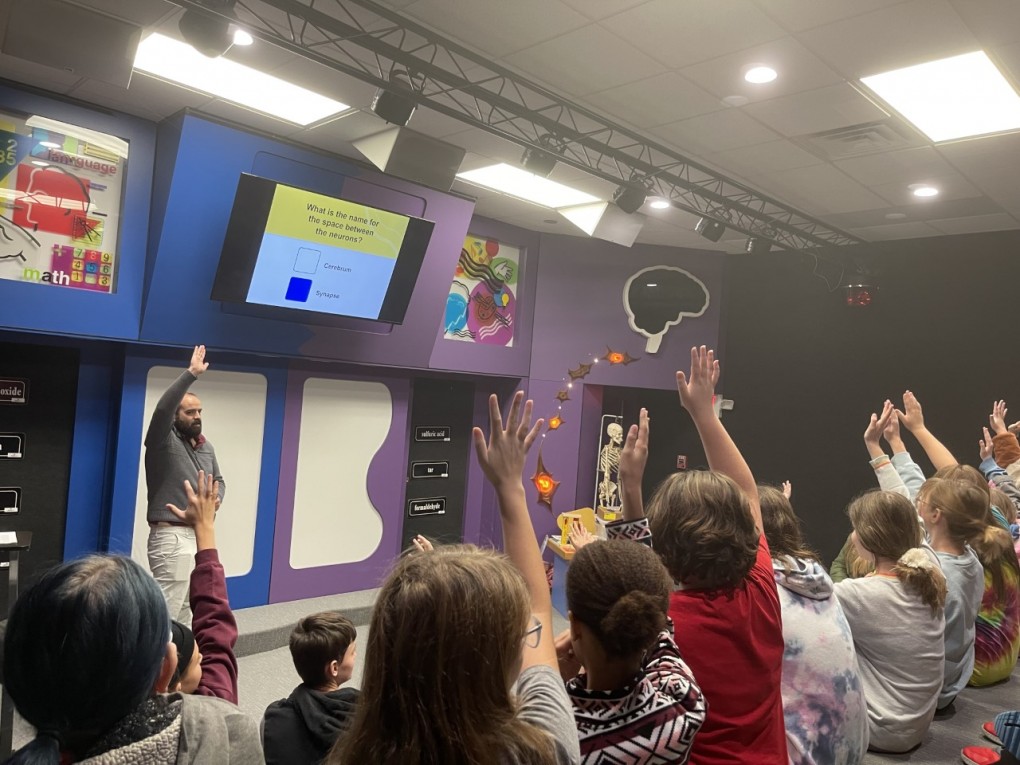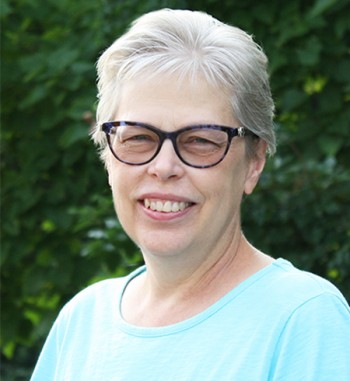If you have children, you know that their access to technology is a complex and often confusing topic. Whether or not you have specific rules regarding screen time and online activity, this Q&A has something for you. Our tech expert today is Elaine Wagner, the manager of educational services at McMillen Health. We hope you enjoy her insight as much as we do!
If a child is resistant or uncomfortable talking about cyberbullying and screen time with their parent, how should the parent address their concerns?
EW: In our McMillen programs, we talk about trusted adults, and we have the students name the trusted adults in their lives to help them understand that there’s more than one. If they don’t feel comfortable talking to their parents, there may be another trusted adult they can talk to.
Parents can take the same tack – “You seem reluctant to tell me, and that’s fine, I understand. It can make you uncomfortable or embarrassed. So, talk about it with someone else. Maybe grandma and grandpa, the neighbor next door whom you help with chores or a teacher or counselor at school.”
How are different age ranges influenced differently by cyberbullying and other negative impacts of the internet?
EW: With the little ones, like kindergarten through second grade, they oftentimes may not know that what they’re doing on a device is wrong. That’s a concern, and you must set those parameters in place before a device is given to them. A child doesn’t need a device 24/7. E-learning has put iPads and laptops in the hands of kindergarten through second graders who take them home. Before devices are passed out like textbooks, schools need to be teaching students to use those tools and educating parents about the risks of those tools.
Older kids tend to be technology natives. They’re savvy, and that makes it easy to take advantage of internet access.
We have a network security tool, Guardian, that also offers advanced parental controls. If parents are using Guardian to set up blocked websites and apps, what should they be watching out for?
EW: Tik Tok, gaming sites, and apps with online chats. When we go to schools, we ask kids how many of them do online gaming. The hands go up! We ask how many of them go into the chat rooms and talk with people, and the hands go up again. We ask how many of them think it’s okay if someone they meet online asks to meet with them, and some hands go up because they think that’s okay. Chat rooms are a place where predators can hang out.
How can parents be more careful with their own online presence as they seek to protect their kids?
EW: Be careful of the pictures you post. There shouldn’t be anything identifying, like a T-Shirt with an elementary school name on it. Anyone looking at that picture immediately knows what school your child goes to. Parents are often guilty of posting images of something like their kids playing sports and how proud they are. That’s great, but a child predator could use that image to find out where your child is.
We probably have some of the laxest policies for privacy and protection in the world. It’s scary the more you know about it. Unfortunately, the legal system has not kept up with technology. The punishment doesn’t usually fit the crime.
How can parents help their kids guard their personal information online?
EW: Make sure you know your children’s passwords and talk about setting safe passwords. 1234 or your dog’s name are not safe passwords. Don’t use the same password for all accounts. When they get older, if they have the same password for their checking account, their electric company account, and their medical account, hacking into one grants access to them all.
Teach them some basic skills and always be aware. Just like you would teach your child to be aware of their environment when you take them to the city, you want them to be aware of their online environment. They can do that by not meeting up with someone they met online, not sharing their private information, and being careful of what they post.
Your digital footprint can follow you. For example, colleges and universities can google your name and find personal information online. Kids that are growing up with social media and posting often need to ask themselves what kind of image they want to portray. We talk about the grandma rule – if grandma would be upset that the picture was seen, then it shouldn’t be online for everyone to see.
If parents become aware that their child is cyberbullying, how should they address it?
EW: If they suspect, they need to gather information to verify their suspicions. Then, they need to put some consequences into effect and initiate limits to make sure that it stops. One special concern about cyberbullying is that it can be anonymous. It can be very hard to find out who is doing the cyberbullying, and it’s often a group of people, not just one individual. They can give an alias or a fake image, which makes it difficult to track.
Our main goal at McMillen is to keep kids safe online. All kids have the mentality, “That’s not going to happen to me.” Even if we’re doing our drug programs, our goal is not to scare them but rather to give them facts so that they can make an informed decision. What they do with the information is their decision, and that applies to online safety as well. How a child chooses to proceed after learning the facts is on them – it’s part of the responsibility of growing up and becoming an adult. We want them to take information, weigh it, and see if it’s from a valued source before they make a decision. Our goal is to give them the information because we make sure all our programs are research-based and kept up to date with the latest and greatest information that’s out there. Kids are often over-confident and don’t consider the risks.
We touch on this topic in lots of our internet programs, but our main cyberbullying program is called Wired and Routed. We talk about how to stay safe online, digital citizenship rights, and a variety of online programs.
Check out McMillen’s programs, or learn more about their staff.

Elaine Wagner, photo provided
Further Reading:
Kids & Tech: Sean Herman of Kinzoo on Digital Literacy and Data Privacy